Introduction to Veganism A vegan diet is rooted in plant-based foods, encompassing vegetables, grains, nuts, and fruits. Distinctively, vegans abstain from consuming any animal-derived products, including dairy and eggs.
The Healthful Vegan Approach To harness the full benefits of a vegan diet, it’s essential to ensure a balanced intake of fortified foods and supplements. Here’s a guideline for a nutritious vegan lifestyle:
- Consume at least 5 servings of diverse fruits and vegetables daily.
- Make starchy carbohydrates like potatoes, bread, rice, and pasta the foundation of your meals. Opt for whole grains when possible.
- Incorporate fortified dairy substitutes such as soya beverages and yogurts. Prioritize low-fat and low-sugar variants.
- Regularly include beans, pulses, and other protein sources.
- Daily, consume omega-3 rich nuts and seeds like walnuts.
- Opt for unsaturated oils and spreads, consumed in moderation.
- Ensure intake of fortified foods or supplements rich in vitamin D, vitamin B12, iodine, selenium, calcium, and iron.
- Stay hydrated with 6 to 8 cups or glasses of fluids daily.
- Limit the intake of high-fat, salt, or sugar foods, consuming them sparingly.
For a comprehensive guide to a balanced diet, refer to The Eatwell Guide, which is applicable to most, including vegetarians, vegans, and people of varying ethnic backgrounds and body weights. However, it’s not recommended for children under 2.
Vital Nutrients in a Vegan Diet A well-structured vegan diet can provide all essential nutrients. However, without proper planning, there’s a risk of missing out on crucial nutrients like calcium, iron, vitamin B12, iodine, and selenium.
Special Considerations for Vegan Mothers Pregnant or breastfeeding vegans must ensure adequate nutrient intake for healthy child development. If raising a child on a vegan diet, it’s crucial to offer a diverse range of foods for optimal growth.
Key Nutrient Sources for Vegans
- Calcium and Vitamin D: Essential for bone and teeth health. While non-vegans source calcium from dairy, vegans can obtain it from green leafy vegetables (excluding spinach), fortified plant-based drinks, calcium-set tofu, sesame seeds, tahini, pulses, and certain bread. Vitamin D, vital for calcium and phosphate regulation, can be sourced from sunlight, fortified spreads, cereals, unsweetened soya drinks, and supplements.
- Iron: Crucial for red blood cell production. Vegan-friendly iron sources include pulses, wholemeal bread, fortified breakfast cereals, dark green vegetables, nuts, and dried fruits.
- Vitamin B12: Necessary for healthy blood and nervous system. Typically sourced from animal products, vegans can obtain B12 from fortified cereals, fortified soya drinks, and yeast extracts.
- Omega-3 Fatty Acids: Important for heart health. While oily fish is a primary source, vegans can derive omega-3 from ground linseed oil, vegetable oil, chia seeds, shelled hemp seeds, and walnuts.
Special Notes and Tips:
- Always consult with a nutrition expert when transitioning to a vegan diet, especially during pregnancy, breastfeeding, or in older age.
- Pairing certain nutrients can enhance absorption. For instance, vitamin C boosts iron absorption.
- Monitor your health and consult a doctor if you experience symptoms like fatigue or memory issues, as these could indicate a nutrient deficiency.
- Before starting any supplements, ensure they are GMP certified and consult with a GP to avoid over-supplementation risks.

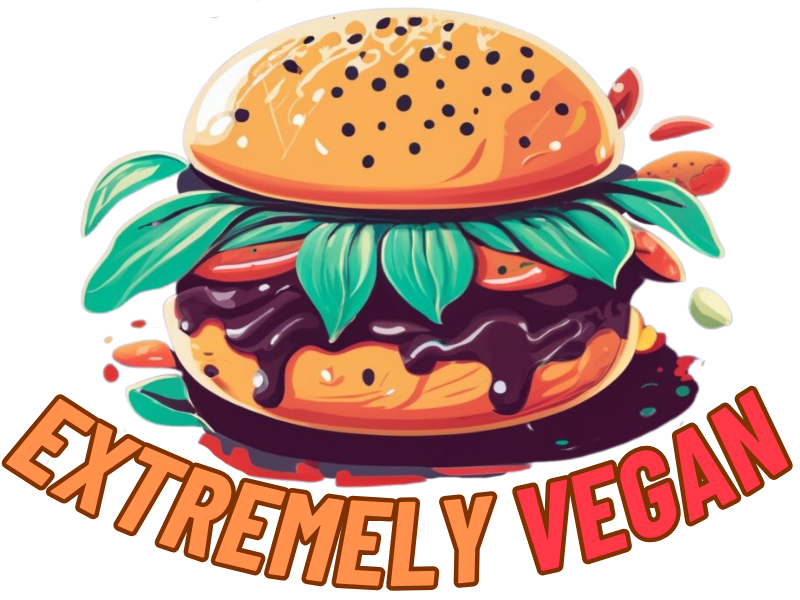

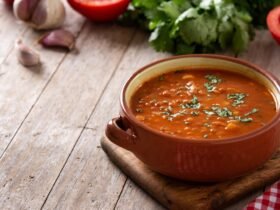
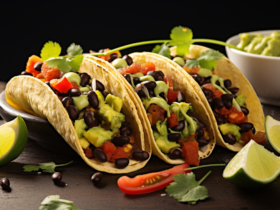

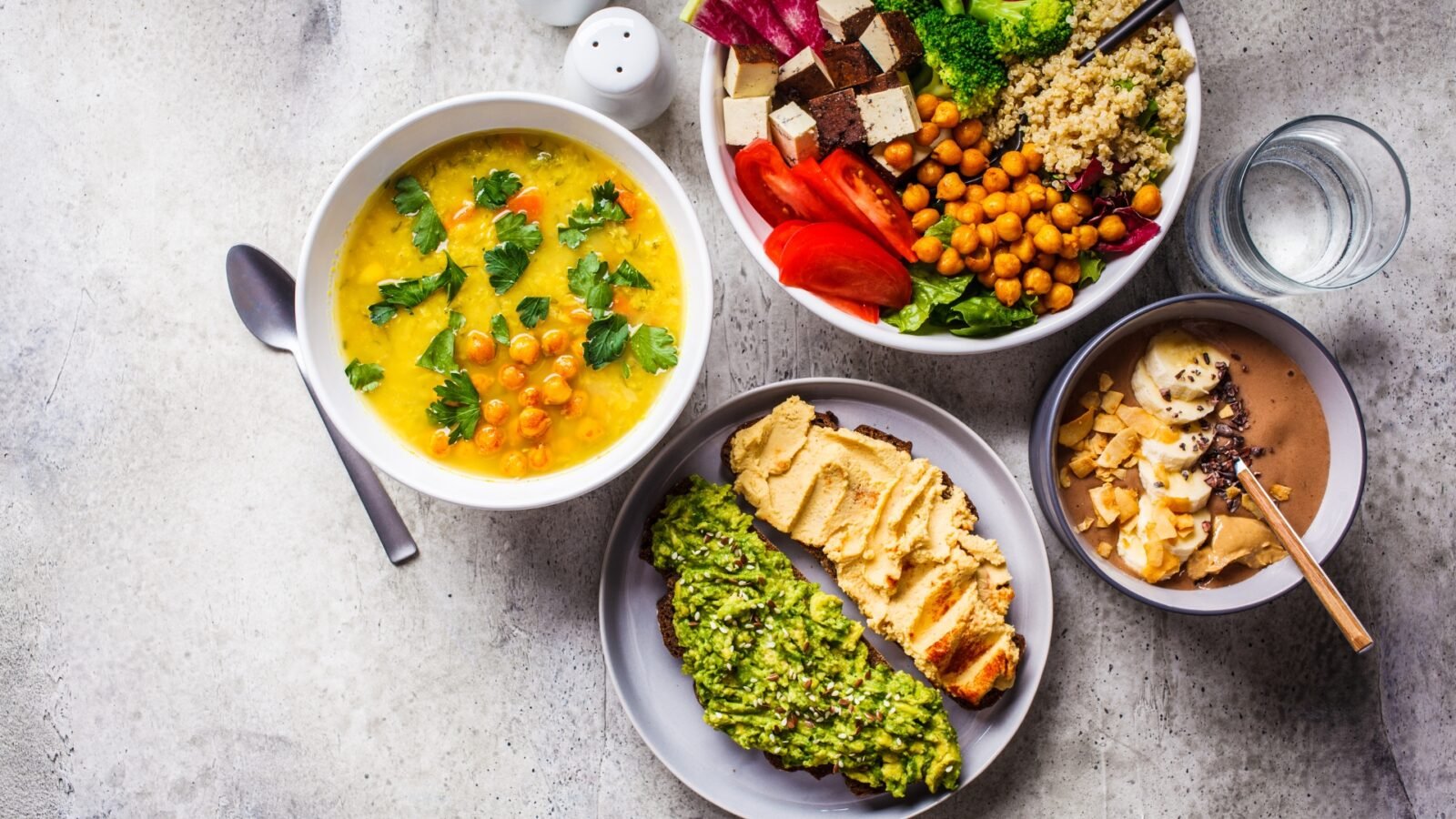
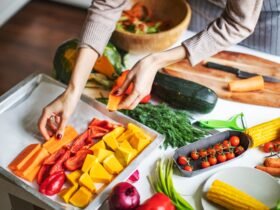



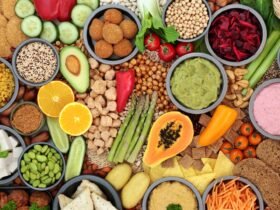
Leave a Reply